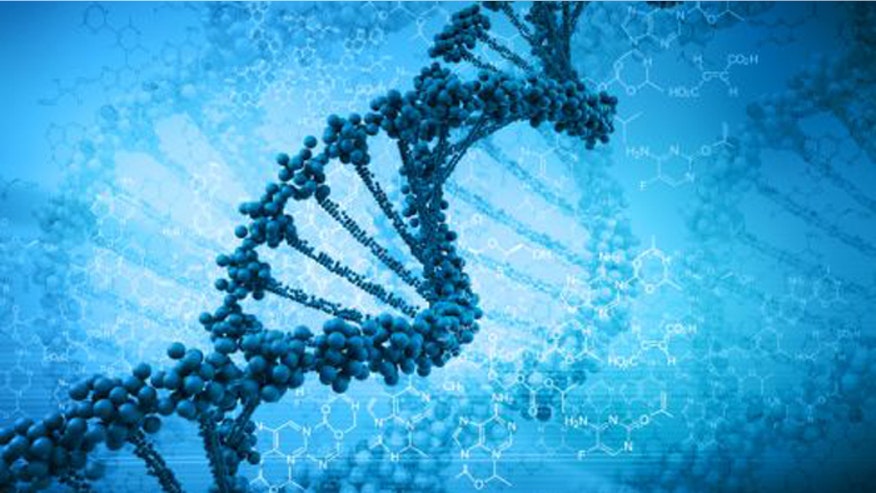The bioethics of genetic diversity
The latest issue of the American Journal of Bioethics examines the topic of new reproductive technologies and genetic diversity.

The latest issue of the American Journal of Bioethics examines the topic of new reproductive technologies and genetic diversity. A series of articles discuss the ethical issues surrounding the protection of genetic variation in a population.
Monash bioethicist Robert Sparrow’s ‘Imposing Genetic Diversity’ – the target article for the discussion – considers the radical implications of arguments against the new eugenics that focus on the importance of diversity.
Sparrow, though himself no friend of eugenic logic, questions whether arguments about the value of diversity could potentially have authoritarian implications. If we desire to conserve genetic variation and naturally occurring instances of disability in our world, then why shouldn’t we protect disability and – in extreme cases where disability begins to disappear – impose disability on populations.
“Diversity clearly makes the world a more interesting place and the idea that we should conserve genetic diversity is therefore tempting. Yet when we imagine imposing genetic diversity to secure this same good, its value is revealed as elusive, especially if we concede that it must be achieved at the cost of the well-being of some individuals whose existence has been used to produce a benefit enjoyed mainly by others.”
In a response to Sparrow’s article, bioethicist and disabilities advocate Rosemarie Garland-Thompson argues that the very project of trying to design “the future people we want” (viz. the use of reproductive technologies to produce the best possible babies) is inherently problematic, as we do not have the power to predict all the contingencies of the future world. Hence we should neither impose disability nor attempt to eradicate it:
“All present actions shape the future, but we cannot predict or control all of the outcomes. History confirms the liabilities of this Promethean enterprise…Our shared present is filled with the unintended consequences of our predecessors’ design limitations. Our presents of nuclear disaster, global warming, endangered and invasive species, environmental degradation, toxic waste, ethnic cleansing, and “perfect” Aryans are the unanticipated consequences of past designs intended to make a better future”.
The journal issue also features a response from Oxford bioethicist Julian Savulescu, who defends his theory of procreative beneficence – viz. the supposed moral obligation of parents to have the healthiest children through all natural and artificial means available. Savulescu introduces a nuance into his theory, saying that it is not necessarily health that matters, but rather the prospective quality of life of a child (which involves not just health but also socio-cultural factors):
“When one makes procreative choices, one must predict not only the natural but also the social environment. Our nature as social animals ensures diversity in value of life. Whether this means that lives with deafness, blindness, or intellectual disability are likely to be among the best lives is a question I cannot address in this short commentary.”
New issue of AJOB discusses the bioethics of genetic diversity
Xavier Symons
https://www.bioedge.org/images/2008images/genetic_orphans.jpg
Creative commons
designer babies
genetic diversity
preimplantation genetic diagnosis
procreative altruism
- Can machines be moral? - March 7, 2021
- Can we synthesise Christianity moral theology with secular bioethics? - November 28, 2020
- Euthanasia polling data may fail to capture people’s considered views - August 15, 2020
